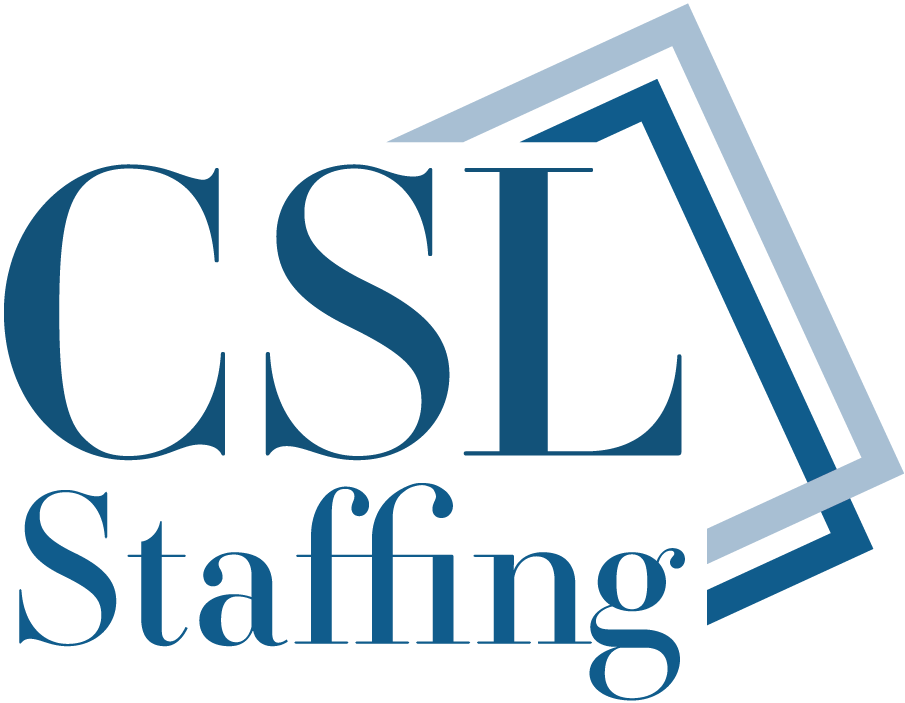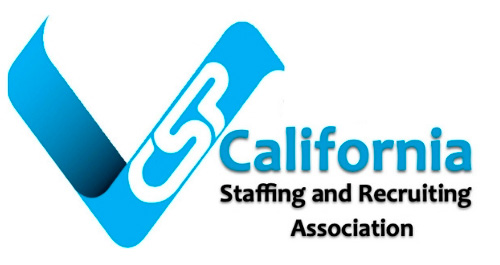Sexual Harassment Survey on Gender, Training Effectiveness

Men and women’s idea of what constitutes sexual harassment differ significantly, according to a recent study that examines employee reactions to the sexual harassment prevention training provided by their companies, knowledge of which behaviors can be considered sexual harassment, and how the pandemic has affected workplace harassment.
The State of Employee Sexual Harassment Training study — released by TalentLMS, a learning management system backed by eLearning provider Epignosis, and The Purple Campaign, a nonprofit dedicated to ending sexual harassment in the workplace — revealed that:
- 69 percent of men (compared to 92 percent of women) believe suggestive remarks are considered sexual harassment.
- 47 percent of men (compared to 73 percent of women) believe making comments about someone’s gender identity counts as sexual harassment.
“When responses to the most basic of questions, such as, what constitutes sexual harassment, vary so much between men and women in the workplace,” said Epignosis Director of People Ops Christina Gialleli in the survey, “there is still a long way to go in educating employees.”
In fact, during the COVID-19-prompted shift toward remote work, sexual harassment incidents did not fade — more than one in four survey respondents reported experiencing unwelcome sexual behavior online since the pandemic began, and the same number said they’d witnessed an incident of workplace sexual harassment and did nothing to address or report it.
Harassment prevention training is key in addressing these issues — which is more important than ever as companies and workers begin returning to physical offices either full-time or in a hybrid fashion. Not only is harassment prevention training mandatory for California employers with five or more employees, but according to the study:
- 90 percent of employees report that after training, they’re more aware of how to report an incident of sexual harassment.
- 61 percent of employees report that training makes them feel more productive in their role.
“With over 75 percent of women and 85 percent of men reporting they feel safer at work after having received training, it’s clear that sexual harassment training needs to be a part of every company’s yearly curriculum,” Gialleli said in a press release.
So not only is harassment prevention training mandatory for most California employers, but it also offers clear benefits in the workplace. Training must take place within six months of hire or promotion and every two years thereafter. CalChamber offers individual, self-paced training in English or Spanish for both supervisors and employees.
Jessica Mulholland, Managing Editor, CalChamber
CalChamber members can read more about Mandatory Harassment Prevention Training in the HR Library, including How To: Develop a Harassment Prevention Policy and a Harassment Discipline Checklist. Not a member? See what CalChamber can do for you.
The post Sexual Harassment Survey on Gender, Training Effectiveness appeared first on HRWatchdog by Jessica Mulholland.




